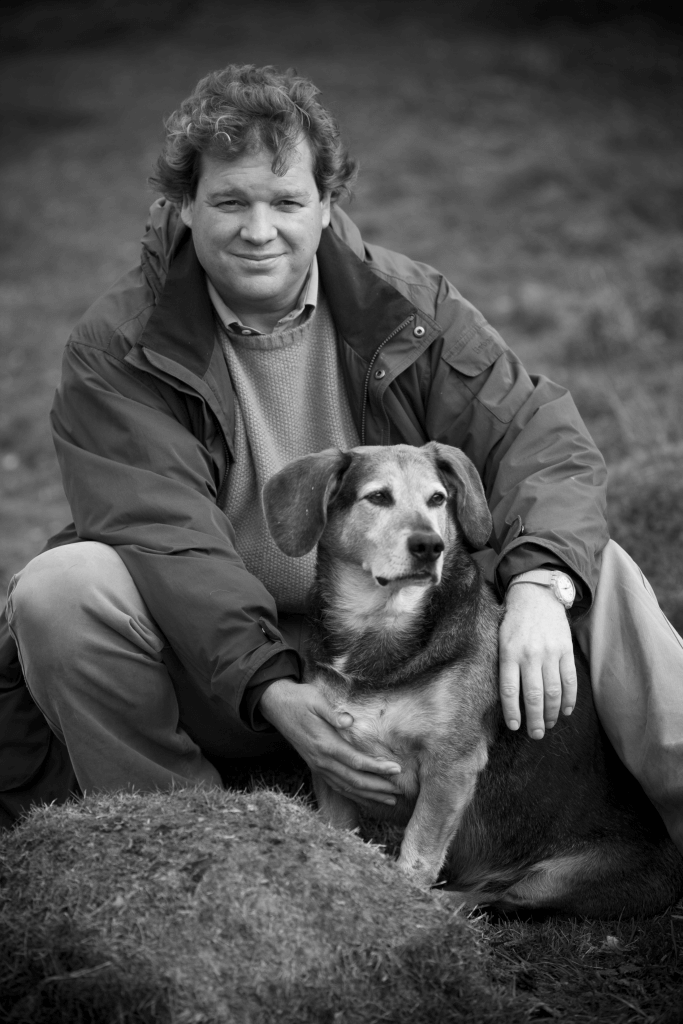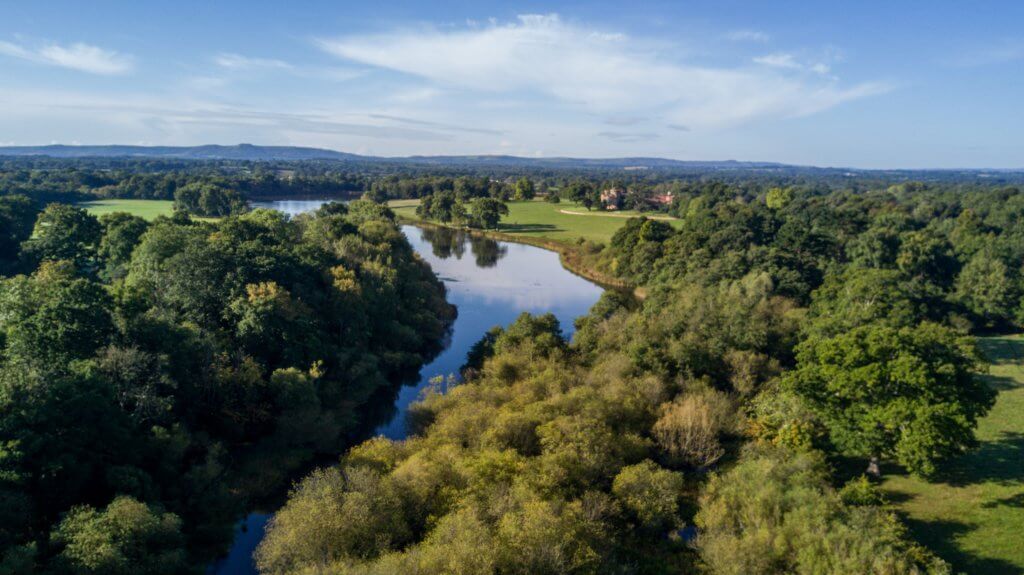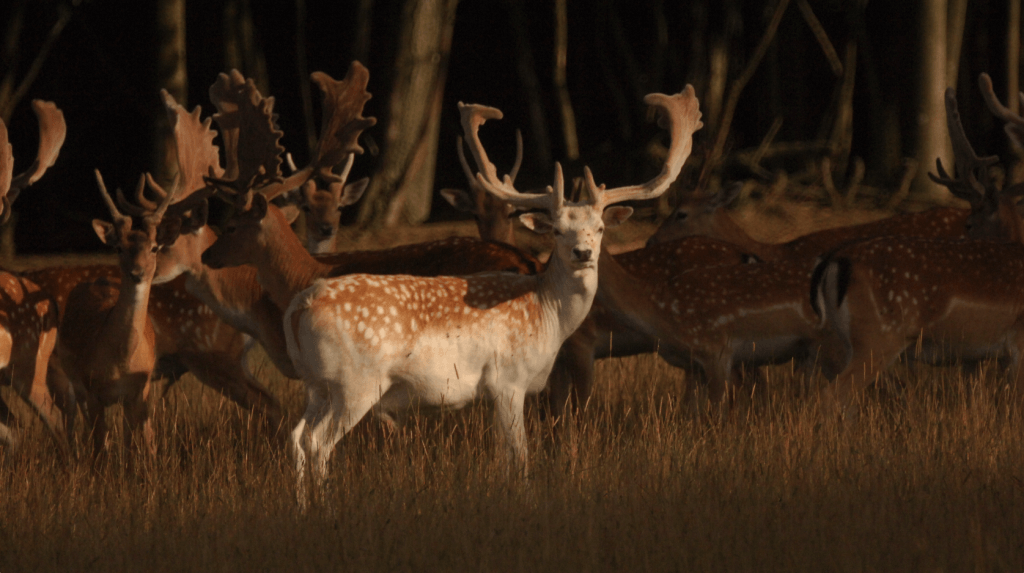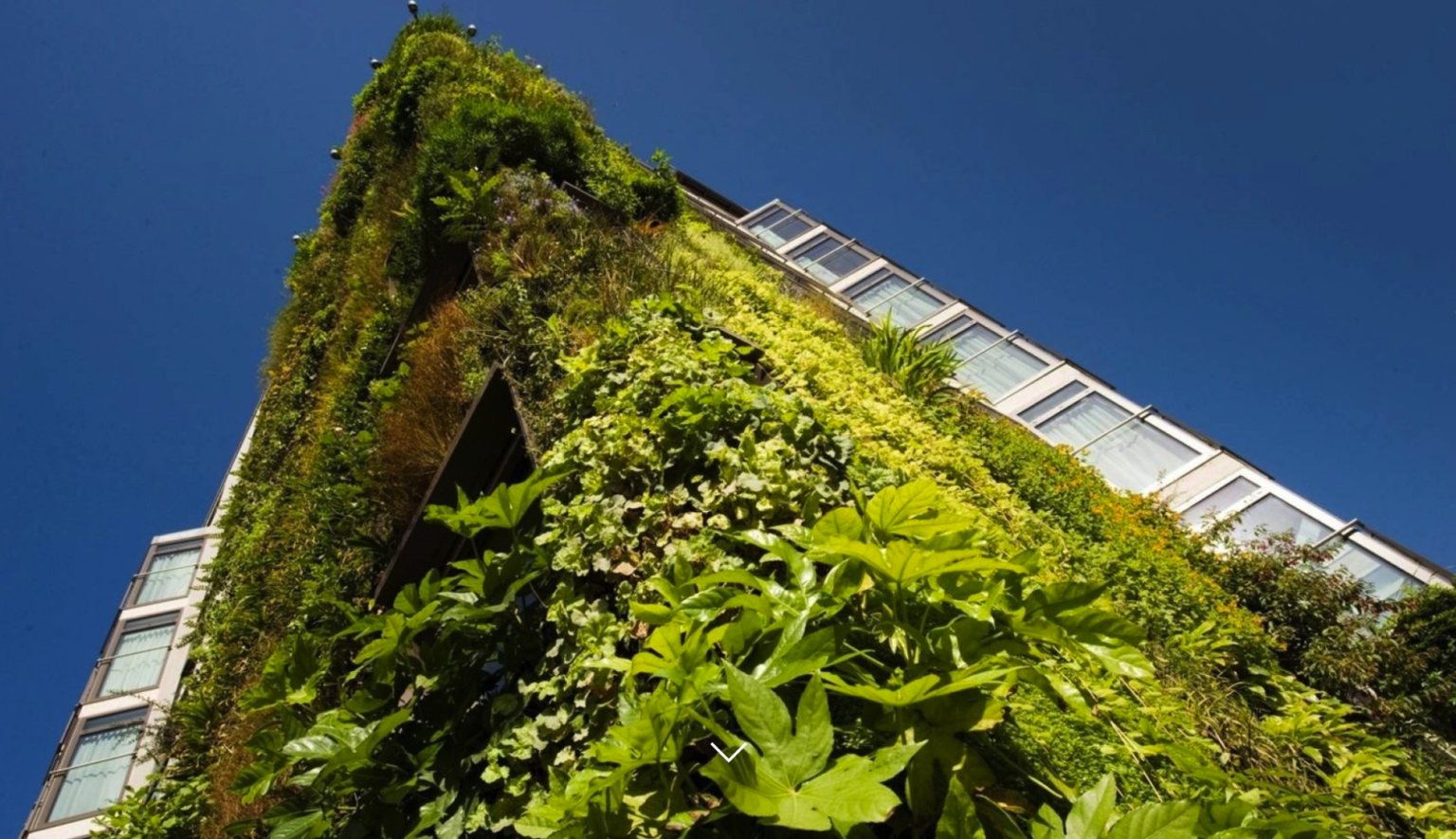RedBook welcomes two eminent ‘green’ gurus to its Advisory Board
Charles pioneered the concept of rewilding in Britain, now wildly popular both here and abroad. Pooran created a radical and influential new framework for achieving zero-carbon housing, while chairing UK Government initiatives into minimising energy use in homes across the nation. They are both regarded as pre-eminent thought leaders, and their expertise is in huge demand.
Tom Adams, CEO of RedBook, comments: ‘We are constantly striving to offer more to our clients and to increase the value we can add to their property projects. Charles and Pooran bring a treasure trove of knowledge, insight and experience into rewilding and “green” building. Their commitment to creating a sustainable future is hugely inspiring, too. It fires our enthusiasm at RedBook for doing all we can to support the environmental agenda.’
Charles and Pooran join six other distinguished and longstanding members of RedBook’s Advisory Board, including Liz Elliot, Sir Roy Strong and Dr Simon Thurley.
RedBook asked its two new Board members about their greatest concerns and their hopes for the future. Here are the answers.
Q & A with Sir Charles Burrell
1. How much has the re-wilding movement grown since you launched the pioneering re-wilding project in 2001 on your Sussex estate, Knepp Castle?
An astonishing amount has happened in the last few years, really since my wife, Isabella Tree, launched her book, Wilding: the return of nature to a British farm. It seems to have caught the imagination of government, landowners and farmers alike.
I believe there are around 20,000 hectares committed to rewilding in the UK now. The Government has included the conceptual ideas of rewilding into its thinking for new environmental management schemes. Also embedded in the new national tree strategy is this idea of natural colonisation forming new treescapes of the future. So much change has been made in such a short time it’s been incredible.
2. What would you like to see happening next with rewilding in the UK?
We’ve got to think about how we create more space for nature on a much greater scale. This includes the idea of linear corridors and permeable landscapes connecting up high-nature work areas – rewilding.
So the ambition now must be for all of us to work out how this can happen while bolstering food production, nature and people’s wellbeing. I believe this is all possible.
3. How big or small does a landholding need to be for a re-wilding project to be worthwhile or meaningful?
In essence, rewilding is a journey from a controlled landscape to an uncontrolled landscape. The bigger the scale, the more control you can take away from management of the landscape. It’s important to understand that scale really does matter as it allows you to think more and more about taking away management. Conversely, the smaller the scale, the more management you’ll have to do.
4. What is the hardest lesson of your project to date, and what do you feel has been the best part of the project?
It’s very hard to portray a vision for a landscape to people that are wedded to and know their existing landscapes. So it’s very hard to fight against people that wanted to stop the project – through ignorance of not knowing what you were trying to get at and say.

It’s such a thrill now as people “get it” and showing people around is such a delight. Just the sheer noise of Knepp can turn anyone to loving the whole rewilding concept!
5. Any simple advice to anyone considering launching a rewilding project at significant scale?
There is a lot to learn and to get your head around before you consider it as an option. But that’s the fun bit, learning about new thoughts new ideas and new versions.
“Rewilding is in essence a journey from a controlled landscape to an uncontrolled landscape. The bigger the scale, the more control you can take away from management of the landscape.”

Photography: Charles Burrell, Knepp Wildland

Q & A with Pooran Desai
1. It is widely accepted that climate change demands bold action from governments around the world and from us each as individuals. How urgent do you consider this action to be?
Based on scientific evidence, organisations including governments, the United Nations, cities and companies are declaring a Climate Emergency.
We have to reduce global carbon emissions by more than half this decade to retain a reasonable chance of avoiding the worst impacts of climate change. Antonio Guterres, UN Secretary-General, said recently ‘If we don’t fix this, our children will be waging wars over water and food’. Sir David Attenborough is saying quite bluntly that unless we act without delay that ‘our planet is headed for disaster’.
2. If there is one thing above all else someone with a property project, such as building a new house, can do to minimise its environmental impact (or create positive benefits) what is it?
That’s an interesting one. The one thing probably is don’t build it. If you do, then think about what is being called ‘regenerative design’. This means thinking of a home as a way to support a positive impact on the planet. This might mean using reclaimed materials or materials such as sustainable wood that will lock up carbon—and of course running the home on renewable energy. Landed estates can include aspects such as rewilding and organic agriculture which can regenerate soils and lock up hundreds of tonnes of carbon.
3. What part can RedBook’s clients play in this vital initiative?
RedBook’s clients are influential people. Building a home is an exploration of self, meaning and purpose, as well as a statement of faith in the future. It is an opportunity not to be missed.

4. Are you an optimist when it comes to our capacity for mitigating the impact of climate change?
For me it is not about being an optimist or pessimist, or about mitigating climate change. We need to, and can, create ways of living and being where we are once again working with nature. When we do this, we don’t do damage to the planet. We regenerate it. This is the meaningful and joyful future we could build. I think we will do it. It will require leaders.
“We need to, and can, create ways of living and being where we are once again working with nature. When we do this, we don’t do damage to the planet. We regenerate it. This is the meaningful and joyful future we could build. I think we will do it. It will require leaders.”

